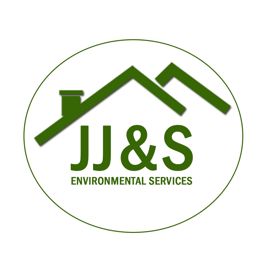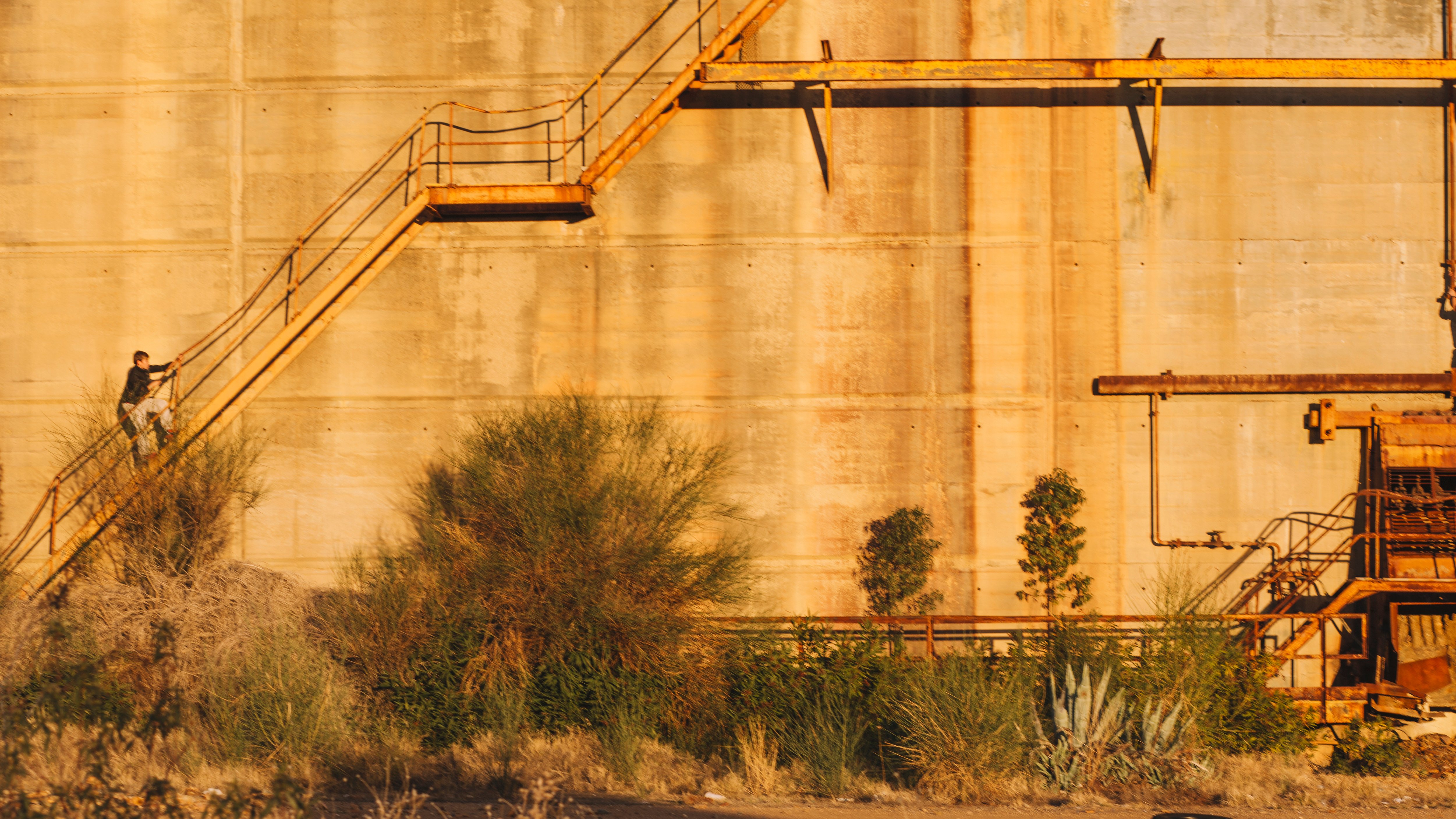The costly risks of ignoring asbestos shingle testing in California construction
When managing large-scale building projects, especially in California, prioritizing asbestos shingle testing can prevent costly penalties and liabilities. Asbestos-containing materials, including asbestos shingles, pose significant health risks, making compliance with strict state regulations essential for safety and legal assurance. Here, we delve into how following these guidelines protects construction managers, property owners, and facility managers from potential legal repercussions, while also ensuring a safe working environment.
Understanding asbestos regulations and asbestos shingles in California
Asbestos shingle testing is more than just an extra precaution—it’s a necessary compliance measure. Under California's APCD Rule 1206 and Cal-OSHA Title 8, regulations mandate asbestos testing for any demolition or remodeling of buildings with four or more units. Especially for property management firms and general contractors, staying ahead of these rules with proper asbestos shingle assessments safeguards against fines and maintains a safe project site. Failing to do so risks penalties of up to $250,000, alongside potential legal complications that can halt operations and affect project timelines.

Why asbestos shingle testing matters to construction managers and property owners
The health risks of asbestos exposure are well-known, but for property managers, construction managers, and commercial building owners, the stakes are especially high. Compliance with asbestos shingle testing not only protects the workforce but also shields your company from severe financial risks. Asbestos is a silent threat—its fibers can remain airborne and undetected, endangering anyone on-site. By proactively engaging in asbestos shingle testing, construction professionals demonstrate a commitment to safety and compliance, maintaining the trust of stakeholders and tenants.
.png?width=948&height=237&name=Beige%20Aesthetic%20Business%20Banner%20Email%20Header%20(600%20x%20150%20px).png)
Avoiding legal pitfalls with asbestos compliance
Skipping asbestos shingle testing can result in serious legal repercussions, which include hefty fines and potential lawsuits. APCD Rule 1206 requires asbestos testing for specific project types, particularly those involving multiple units or overseen by property management. Property managers and general contractors overseeing such projects are legally obligated to comply. The fines for non-compliance are steep, underscoring the importance of asbestos shingle testing to avoid any breaches of safety and legal requirements. Additionally, Cal-OSHA mandates testing regardless of the building’s age, emphasizing the role of asbestos shingle assessments in protecting the health of workers and site occupants.
Steps to safeguard your construction project with Asbestos Shingle testing
- Schedule Asbestos Testing Early
For construction projects involving asbestos shingles, it’s vital to arrange asbestos testing at the beginning stages. Working with an experienced asbestos remediation team will help ensure that every step aligns with California’s rigorous standards, minimizing disruption to your timeline.
- Consult With Qualified Asbestos Inspectors
Reliable inspectors certified to handle asbestos testing can provide thorough assessments, identifying asbestos-containing materials, including asbestos shingles. This expertise is critical for avoiding costly missteps and ensuring that your project remains compliant and safe.
- Plan for Asbestos Abatement If Needed
Should asbestos shingles or other hazardous materials be detected, asbestos abatement should follow swiftly to reduce exposure risks. Abatement procedures might slightly delay the timeline, but the long-term protection it provides—both legally and health-wise—is invaluable.
- Educate Your Workforce on Asbestos Safety
Even with asbestos shingle testing in place, educating your workers about the risks of asbestos exposure is a crucial precaution. Conduct regular safety sessions to ensure that everyone on-site understands how to handle asbestos-containing materials and recognize any potential hazards.
Partnering with an asbestos specialist for compliance
At JJ&S Environmental, we specialize in asbestos removal, remediation, guiding our clients through California’s stringent regulatory landscape. For B2B clients such as construction managers and property managers, partnering with an asbestos specialist ensures all work is completed safely, efficiently, and in accordance with local laws. By focusing on asbestos shingle testing and thorough remediation practices, we mitigate health risks and safeguard your company from costly legal consequences.
The role of compliance in project success
Asbestos compliance, particularly involving asbestos shingles, directly contributes to project success. Not only does it protect the health and well-being of everyone on-site, but it also strengthens your reputation as a responsible and compliant industry leader. Embracing asbestos testing aligns with California’s progressive approach to environmental safety, providing reassurance to clients, investors, and stakeholders alike.
For construction and property management professionals, asbestos shingle testing isn’t optional—it’s essential. Taking proactive steps to identify and mitigate asbestos-containing materials protects not only your business but also the health of your team and future building occupants. Adhering to state regulations such as APCD Rule 1206 and Cal-OSHA Title 8 can help you avoid potential pitfalls, demonstrating a commitment to safety that resonates across your business network.
Remember, in California, managing asbestos risks is as critical as any other aspect of project planning. The long-term benefits of prioritizing asbestos shingle compliance far outweigh the costs, positioning your company as a trusted and responsible leader in the industry.
FAQ
1. Why is asbestos shingle testing necessary for my construction projects?
Asbestos shingle testing is essential to protect both workers and building occupants from hazardous asbestos exposure. California mandates testing under APCD Rule 1206 and Cal-OSHA Title 8, which apply to demolition or renovation projects involving buildings with asbestos-containing materials (ACMs) like asbestos shingles. Compliance helps avoid legal penalties and ensures a safe environment.
2. What happens if I skip asbestos shingle testing?
Skipping asbestos testing can lead to fines up to $250,000 and lawsuits due to non-compliance with state and federal regulations. Failing to test can also expose workers to asbestos, which is linked to severe health risks like lung disease and mesothelioma, putting your team and company at risk.
3. How can I tell if my building has asbestos shingles?
Asbestos shingles were commonly used in buildings constructed before the 1980s. Only a certified asbestos inspector can determine the presence of asbestos through testing. If you’re unsure about your building materials, it’s safest to assume testing is necessary to avoid compliance issues.
4. What steps should I take if asbestos shingles are found on my site?
If asbestos shingles are detected, asbestos abatement is required to remove or contain the material safely. Work with a licensed asbestos abatement company to handle the process in compliance with California regulations, minimizing exposure risks and ensuring a safe worksite.
5. Is asbestos testing necessary if I’m only doing minor renovations?
Yes, asbestos testing is required regardless of the project size if asbestos-containing materials like shingles may be disturbed. Even minor renovations can release asbestos fibers into the air, posing health hazards to anyone nearby.
7. Can asbestos shingle testing delay my project timeline?
Testing may add some time to the pre-construction phase, but early planning can minimize delays. Conduct asbestos testing as soon as possible to address any issues before construction begins, ensuring your project stays on track and compliant.
8. Who should I contact for asbestos shingle testing and abatement?
Engage a certified asbestos testing and abatement company, like JJ&S Environmental, to handle testing, compliance, and safe removal. Working with professionals ensures your project meets California’s asbestos regulations and provides a safe environment for workers and occupants.




.png?width=948&height=237&name=Beige%20Aesthetic%20Business%20Banner%20Email%20Header%20(600%20x%20150%20px).png)




